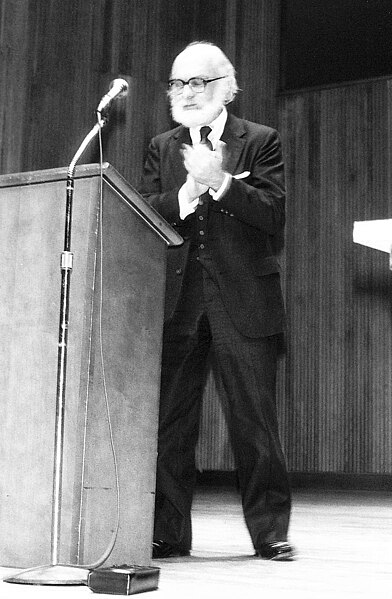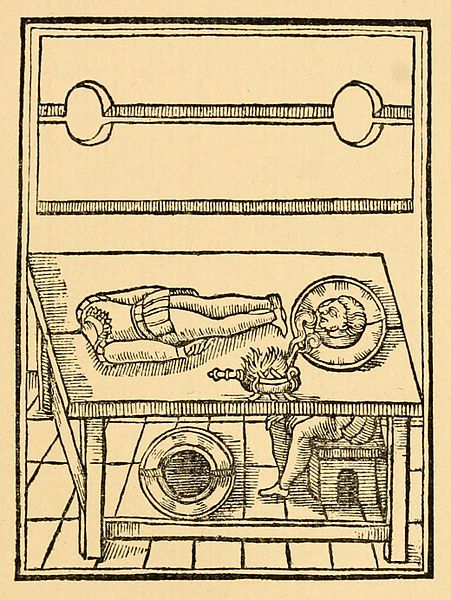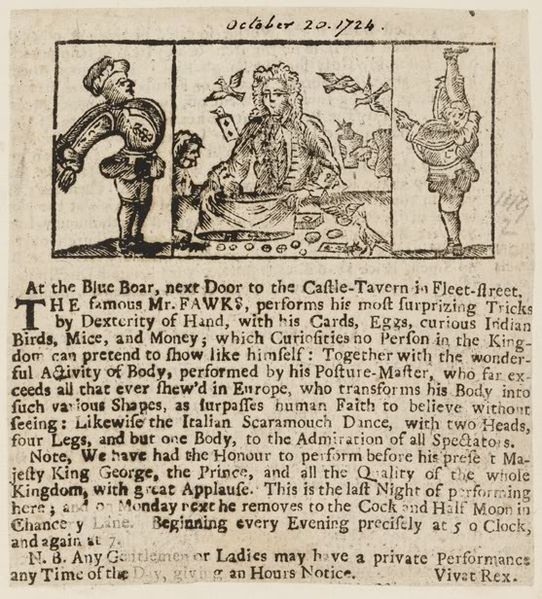James Randi was a Canadian-American stage magician, author and scientific skeptic who extensively challenged paranormal and pseudoscientific claims. He was the co-founder of the Committee for Skeptical Inquiry (CSI), and founder of the James Randi Educational Foundation (JREF). Randi began his career as a magician under the stage name The Amazing Randi and later chose to devote most of his time to investigating paranormal, occult, and supernatural claims. Randi retired from practicing magic at age 60, and from his foundation at 87.
Randi c. early-to-mid 1990s
A fork bent by Randi
Randi using sleight of hand to duplicate "psychic surgery" on his Open Media series for ITV in 1991
Randi speaking at the first CSICOP Conference, in Buffalo, New York, 1983
Magic, which encompasses the subgenres of illusion, stage magic, and close-up magic, among others, is a performing art in which audiences are entertained by tricks, effects, or illusions of seemingly impossible feats, using natural means. It is to be distinguished from paranormal magic which are effects claimed to be created through supernatural means. It is one of the oldest performing arts in the world.
The Conjurer, 1475–1480, by Hieronymus Bosch or his workshop. Notice how the man in the back row steals another man's purse while applying misdirection by looking at the sky.
An illustration from Reginald Scot's The Discoverie of Witchcraft (1584), one of the earliest books on magic tricks, explaining how the "Decollation of John Baptist" decapitation illusion may be performed
Advertisement for Isaac Fawkes' show from 1724 in which he boasts of the success of his performances for the King and Prince George
Jean Eugène Robert-Houdin, pioneer of modern magic entertainment








